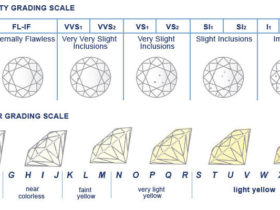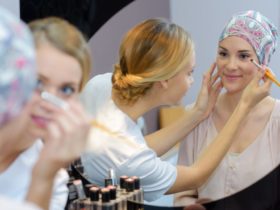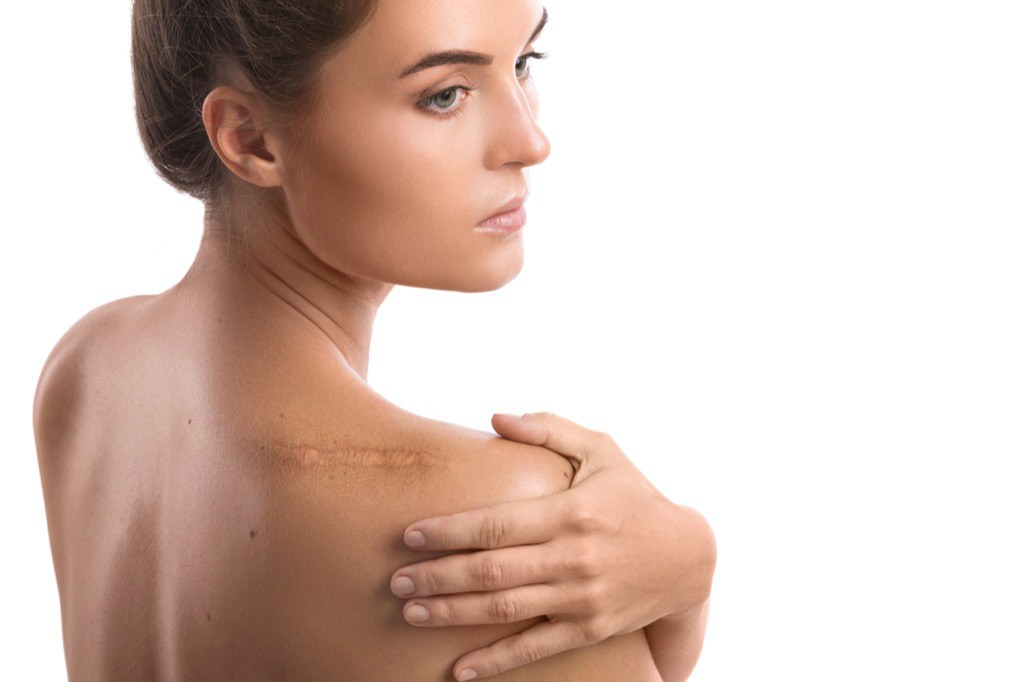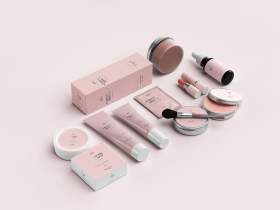Keloid scars are very noticeable and can really affect a person’s self-esteem.
Darker skin tones are particularly susceptible to this type of scar, which is caused when the body produces more collagen than is necessary to heal a wound.
Fortunately, there is a way to treat keloid scars and prevent them from forming in the future.
Treating Your Keloid Scar
Major injuries are not the only time that a keloid scar can form. It can also be caused by cuts, scratches, burns and even acne. The main difference between a keloid and a hypertrophic scar is that keloid scars extend beyond the original injury. How big the scar becomes will depend on where the skin was injured and how serious the injury was.
Research shows that keloid scars tend to be hereditary and will run in the family and even though you will never be able to completely get rid of the scar, it is possible to reduce the appearance of the scar if it’s treated early enough.
There are a number of ways that keloid scars can be treated but injectable treatments tend to produce the best results. Specialists for keloid scar removal, The DOC clinic, will use a blend of medically-approved substances to gradually reduce the size of a patient’s keloid scar. Most injectable treatments contain substances such as cortisone, which is known to reduce inflammation.
8 Tips To Avoid Keloid Scars in the Future
Here are a few tips to help you avoid keloid scars going forward:
1. Keep your acne under control
If you are prone to breakouts, keeping your acne under control will reduce your chances of developing keloid scars on your face and body.
2. Be careful when shaving
The more you can prevent any scraps and cuts, the less chance you’ll have of developing keloid scars.
3. Piercing and tattoos are a no-no
If you know that you’re susceptible to keloid scars, avoid tattoos and body piercings.
4. Treat injuries as soon as possible
Immediately treating any wounds or burns will reduce the chances of a serious keloid scar from forming on your skin.
5. Avoid cosmetic surgery
If possible, avoid having unnecessary surgery that could cause keloid scars to form. If surgery is necessary, speak to your doctor about how scarring can be minimised.
6. Don’t let your wounds dry out
To prevent your scar from drying up, keep it moisturised.
7. Stay out of the sun
To stop your scar from getting dark, it’s important to keep it out of direct sunlight. If you must be outside, be sure to use a sunscreen with a high SPF.
8. Massage your scar
To soften your scar and accelerate healing, it helps to massage it daily.
9. Lead a healthy lifestyle
Heal your body from the inside out by eating foods that are high in nutrients, drink plenty of water and stop smoking. Remember that smoking affects your blood circulation and your immune system so the fewer toxins your body absorbs, the more it can focus on healing wounds the right way.










